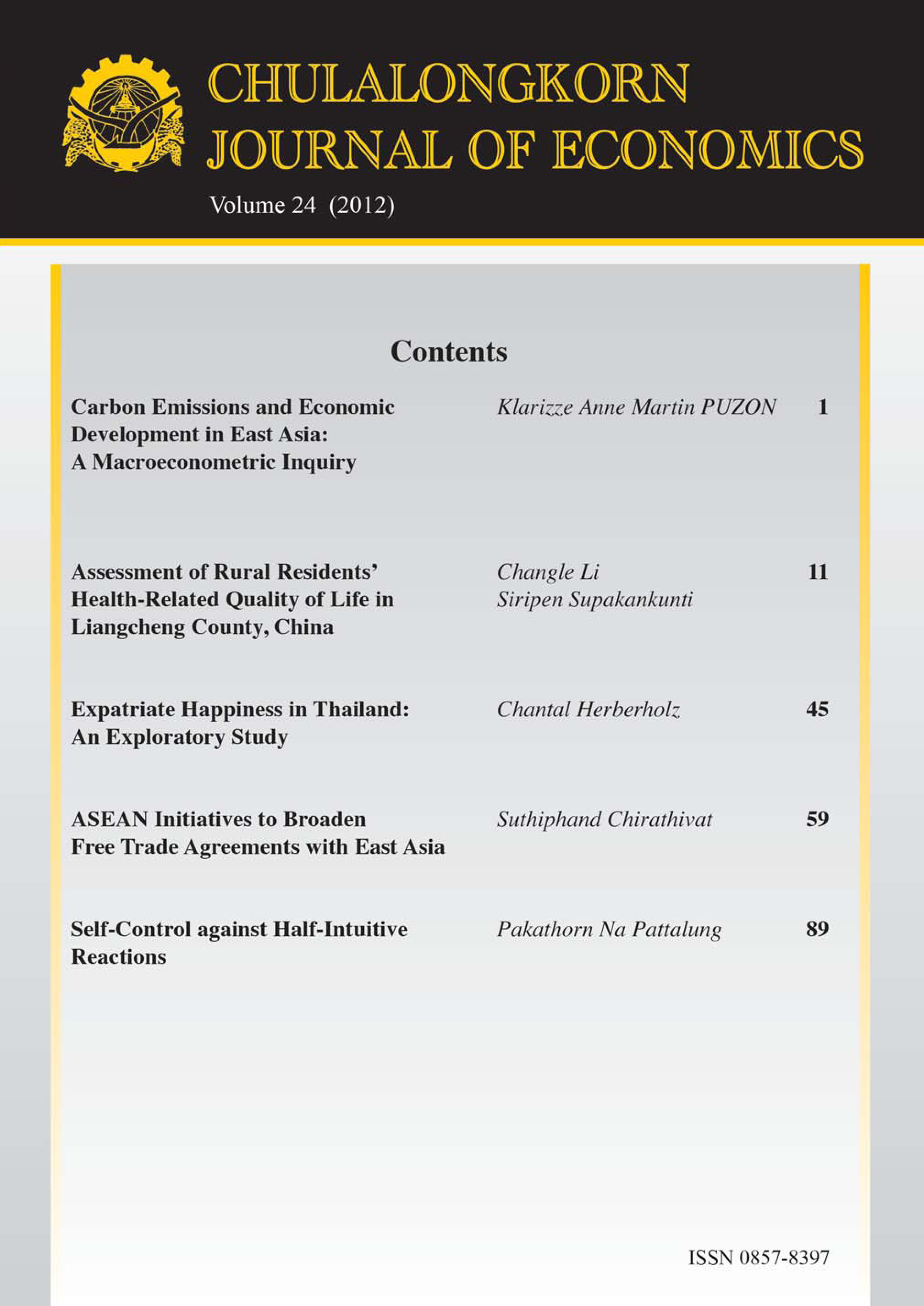Malaysia and South Korea: A Decade after the Asian Financial Crisis
Keywords:
Crisis, Korea, IMF Policies, Malaysia, Capital ControlsAbstract
This paper undertakes a comparative analysis of the Malaysian and South Korean post-crisis policies over a ten-year period following the Asian crisis of 1997. The aim of this paper is to analyze the effectiveness of the policies and to obtain insight into the factors that generated simultaneous recovery, despite a different policy environment in both countries. South Korea implemented neo-liberal International Monetary Fund (IMF) policies, while Malaysia resorted to controversial capital controls. The ten-year analysis demonstrates that an initial strong recovery to pre-crisis growth levels could not be maintained over the long-term. Moreover, improvements are still warranted in the field of corporate governance. Furthermore, the analysis shows that significant improvements have been made, with respect to the reduction of non-performing loans and the Human Development Index (HDI). In all, the outcomes indicate that a heterodox policy such as capital controls is by no means doomed from the start. This implies that future monetary and fiscal policy making in Asia should not blindly follow the Washington Consensus. Instead, each country should find its own rightful policy mix, possibly taking elements from the emerging Beijing Consensus. Indeed, China and other Asian countries appear to recover quicker from the current turmoil in the global economy. How South Korea and Malaysia will evolve from the current crisis remains to be seen.
Downloads
Published
How to Cite
Issue
Section
License
The submission of a manuscript implies that the paper is an original work and has not been published elsewhere. The author(s) authorize the journal to reproduce or distribute the paper in printed or other electronic forms.







